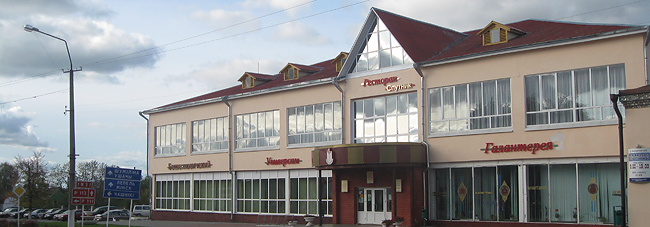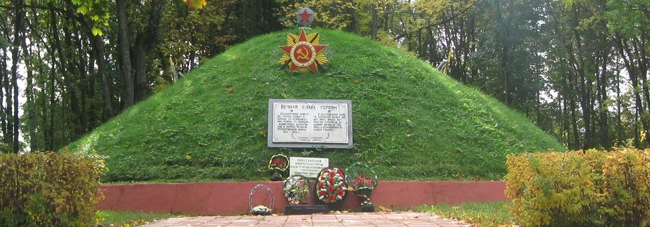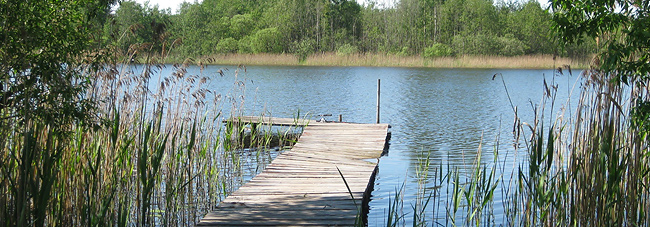Beshenkovichi Regional Executive Committee
Address: 13, Chuklaya Street,
Beshenkovichi, 211361
Phone:
8 (02131) 6-42-45
E-mail:
priemnay@beshenkovichi.gov.by










Address: 13, Chuklaya Street,
Beshenkovichi, 211361
Phone:
8 (02131) 6-42-45
E-mail:
priemnay@beshenkovichi.gov.by










Belarus plans to more actively use green technologies to reduce greenhouse gas emissions, First Deputy Minister of Natural Resources and Environmental Protection Iya Malkina said during the online conference hosted by BelTA on 27 September.
The first deputy minister reminded that Belarus has joined the Paris Agreement which was passed at the 21st session Conference of the United Nations Framework Convention on Climate Change in Paris on 12 December and signed on 22 April 2016. By 2030, Belarus plans to reduce greenhouse gas emissions by 28% from the level of 1990.
According to Iya Malkina, to fulfill all obligations envisaged in the Paris Agreement Belarus will have to revise current state programs for 2016-2020 and form new programs for 2020-2025 taking into account the possible changing of such key indicators as energy intensity, the share of renewable energy sources, the consumption of energy per capita, etc. “Of course, if we rationally revise these indicators at the national level in the context of certain national programs, it will definitely have an impact on enterprises,” she stressed.
When asked about possible responsibility of enterprises, the first deputy minister said that certain mechanisms will be used at the national level to stimulate the application of green technologies in the production process or to raise tax liabilities in cases when such technologies are not used. It does not mean the responsibility for violations, these are preventive and stimulating measures which would promote the application of green technologies in the production process, she explained.
As part of the Paris Agreement, each state will try to balance the emission and absorption of greenhouse gases. “These figures are different for all countries. For Belarus, it is about 43 million tonnes of СО2, and we must hit this target. At present the level is 91 million tonnes,” Iya Malkina explained. “This is a global strategic goal. Of course, the state will not be punished if we do not achieve it. But if we want to develop we must understand that we need to hurry up.”